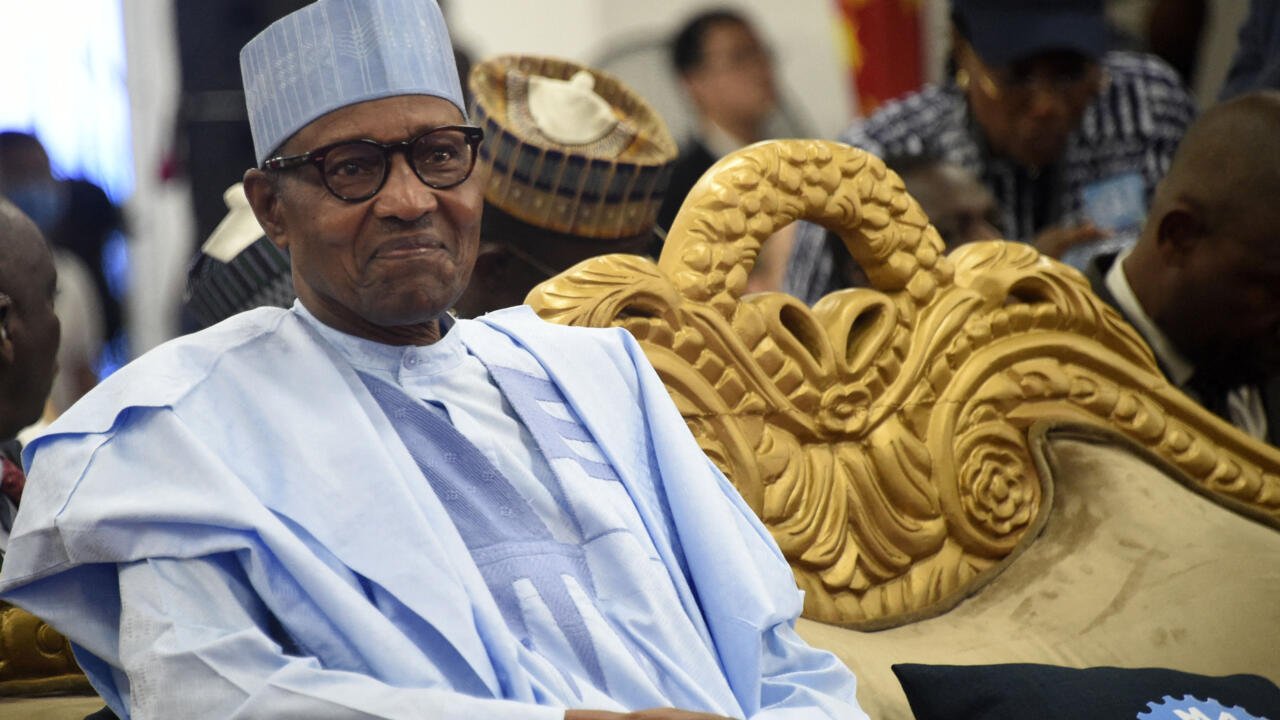Nigeria has lost one of its most prominent post-independence leaders, Muhammadu Buhari, who died at age 82 while undergoing medical treatment in London.
His death was confirmed by his longtime media aide on Sunday, July 13, sparking tributes and reflection across the African continent and beyond.
Born on December 17, 1942, in Daura, a historic town in Katsina State in northern Nigeria, Buhari joined the Nigerian Army in 1961. His military career included elite training in institutions across the world, including in the United Kingdom, India, and the United States.
Buhari’s first stint in power came after the 1983 Nigerian coup d’état, when he led a military takeover and ruled the country as Head of State until 1985. During this time, he earned a reputation for being austere, disciplined, and unrelenting in his fight against corruption and indiscipline—policies that would later become central to his civilian presidency.
In 2015, three decades after his fall from power, Buhari returned to the political arena and won the presidency through Nigeria’s All Progressives Congress (APC), becoming the first opposition candidate in Nigerian history to defeat a sitting president.
Buhari’s presidency, spanning from 2015 to 2023, was marked by a strong anti-corruption campaign that earned him both praise and criticism. His government prioritized efforts to curb embezzlement in public offices and introduced key reforms under institutions such as the Economic and Financial Crimes Commission (EFCC).
He also oversaw major military operations against Boko Haram and Islamic State West Africa Province (ISWAP), especially in the Northeast region of Nigeria. While early successes were reported, attacks continued throughout his tenure, and security remained a national concern.
Economically, Buhari’s government faced headwinds, including two recessions, driven in part by global oil price crashes and the impact of the COVID-19 pandemic. The Nigerian naira suffered multiple devaluations, while inflation surged, affecting everyday life for millions.
In foreign policy, Buhari prioritized regional integration, peacekeeping in West Africa, and a renewed partnership with global powers like China and the European Union.
Also Read; Africa’s Richest Four Now Outweigh Half the Continent
According to Nigeria’s Presidency Office, Buhari died peacefully around 4:30 PM GMT in London. Arrangements are underway to return his body to Nigeria for a state funeral.
President Bola Ahmed Tinubu, his successor, has declared a week of national mourning, with flags flying at half-mast. The late leader will be buried according to Islamic funeral rites, in his hometown of Daura.
Reactions have poured in from African leaders, diplomats, and global institutions, including the African Union, United Nations, and the Commonwealth.
While his legacy is mixed, Buhari’s impact on modern Nigerian politics is undeniable. His supporters remember him as a man of personal integrity who tried to instill discipline in a fragile democracy. Critics, however, often describe his rule as overly rigid and sometimes detached from the realities of a diverse, rapidly evolving nation.
“He brought simplicity and seriousness to power,” said one former aide. “But the country demanded more than austerity—it needed transformation.”







